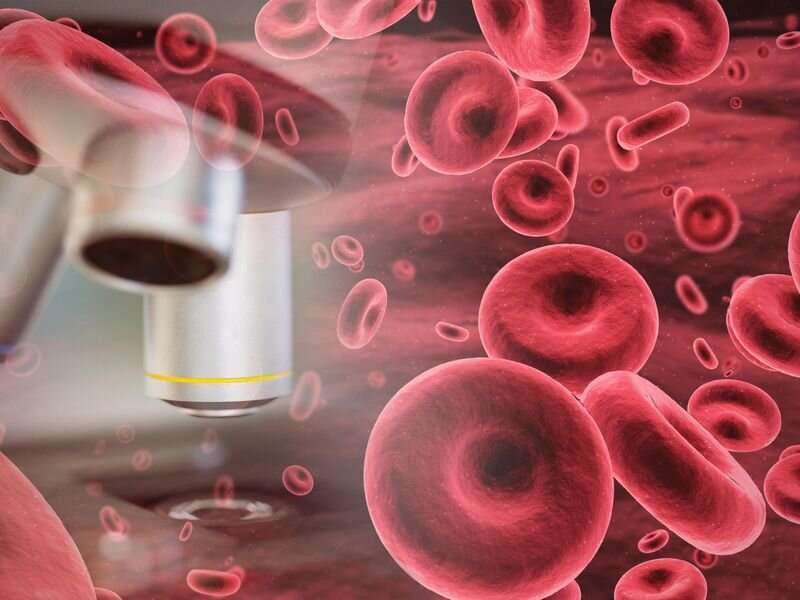Direct oral anticoagulant (DOAC) treatment is noninferior to low-molecular-weight heparin (LMWH) for preventing recurrent venous thromboembolism (VTE) in cancer patients, according to a study published online June 2 in the Journal of the American Medical Association to coincide with the annual meeting of the American Society of Clinical Oncology, held from June 2 to 6 in Chicago.
Deborah Schrag, M.D., from the Memorial Sloan Kettering Cancer Center in New York City, and colleagues assessed the effectiveness of DOACs (335 patients) versus LMWH (336 patients) for preventing recurrent VTE in patients with cancer (any invasive solid tumor, lymphoma, multiple myeloma, or chronic lymphocytic leukemia) over six months.
The researchers found that rates of recurrent VTE were 6.1 percent in the DOAC group versus 8.8 percent in the LMWH group (difference, −2.7 percent), consistent with the prespecified noninferiority criterion.
None of the six prespecified secondary outcomes were significantly different between the groups. Major bleeding did not meet the noninferiority criterion, as it occurred in 5.2 percent of the DOAC group versus 5.6 percent of the LMWH group (difference, −0.4 percent; 1-sided 95 percent confidence interval, –100 percent to 2.5 percent). Severe adverse events occurred in 33.8 percent and 35.1 percent of the groups, respectively. Anemia and death were the most common serious adverse events reported.
"These findings support use of a DOAC to prevent recurrent VTE in patients with cancer," the authors write.
Several authors disclosed ties to the pharmaceutical industry.
More information: Deborah Schrag et al, Direct Oral Anticoagulants vs Low-Molecular-Weight Heparin and Recurrent VTE in Patients With Cancer, JAMA (2023). DOI: 10.1001/jama.2023.7843
Journal information: Journal of the American Medical Association
Copyright © 2023 HealthDay. All rights reserved.
























